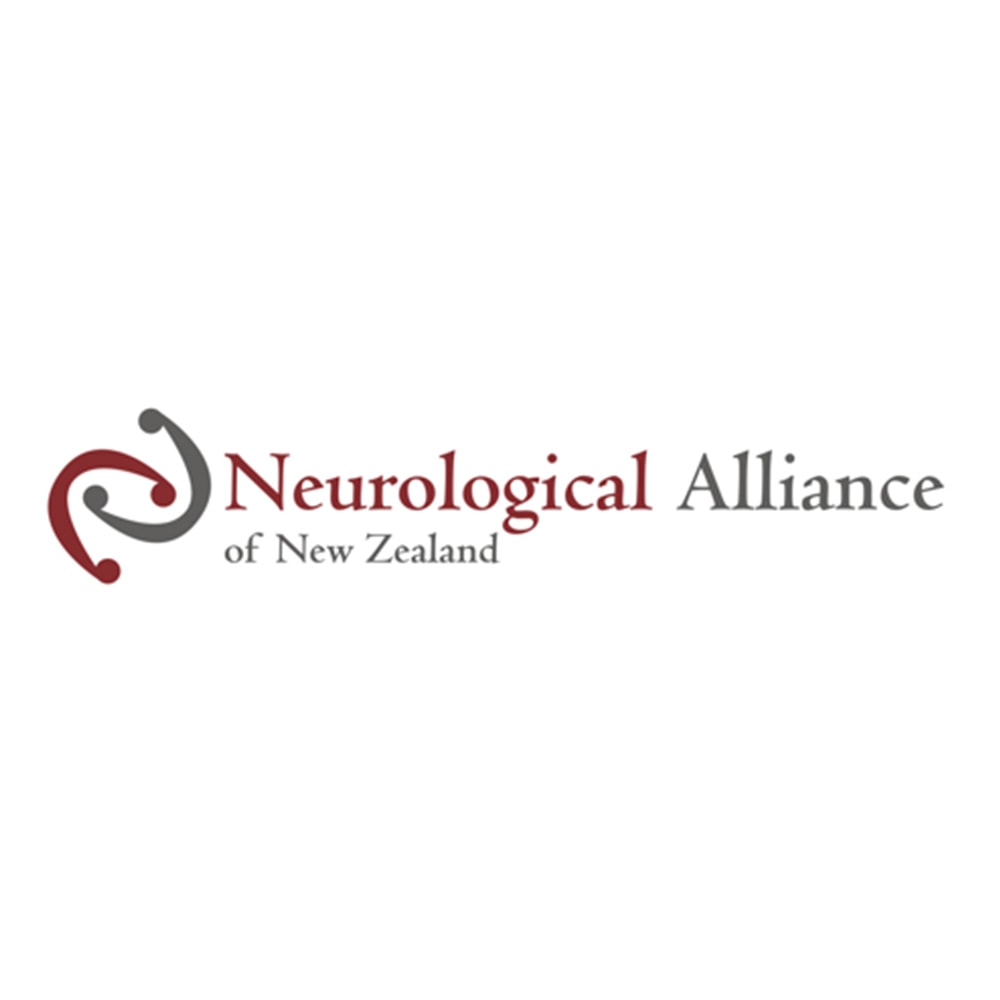Migraine Foundation Aotearoa New Zealand is a member of the Neurological Alliance, a collection of (currently) 20 member groups representing the one in three New Zealanders who are or will be affected by a neurological condition during their lifetime. Other members include Stroke Foundation of NZ, Epilepsy NZ, Dementia NZ, Brain Injury NZ, Parkinsons NZ, Multiple Sclerosis NZ – representing the wide range of conditions that affect the brain.
The Alliance has identified four priority areas that would help improve the lives of people with neurological diseases and reduce inequities.
These are:
- Address health workforce shortages to speed up diagnosis and treatment
- Increase funding for pharmaceutical treatment to improve quality of life
- Increase funding for community-based care and support services
- Improve data collection on neurological conditions.
These priorities were highlighted in a Briefing for the Incoming Minister of Health (Dr Shane Reti) and accompanying infographic. The Alliance also contacted Hon Minister David Seymour to discuss issues related to Pharmac and medication funding, Hon Minister Louise Upston about the adequacy of community-based support services and Margie Apa, CEO of Te Whatu Ora | Health NZ.
It’s always powerful to find common causes with other people and unite our voices in common purpose. We’ve talked a lot about lack of access to new pharmaceuticals, but workforce shortages are also affecting all of us. In primary care, it’s making it difficult to see a GP in a timely way. And people with migraine who want to see a neurologist are usually out of luck, at least in the public system. From an Official Information Act request in November 2023, there were only 47.8 FTE neurologists in New Zealand across the entire public system. Workforce modelling in 2015 estimated that we would need 70 FTE neurologists by 2024, if we wanted to meet the ratio of 1 specialist per 70,000 population as recommended in the UK at the time (but 99 if we wanted to meet the target of 1 specialist per 50,000 population that was set by the US). Needless to say, we are falling far short of either target.
Migraine Foundation Aotearoa New Zealand made a start at improving data collection with the 2022 Migraine in Aotearoa New Zealand Survey, but this was a once-off event and we need ongoing and regular research. We will be doing all we can to support the work of the Neurological Alliance in this and the other priority areas. If you can, please support us with a donation or by becoming a Migraine Foundation member. Or follow and like our social media pages (Facebook, Instagram, LinkedIn) and posts to show your support. Every bit of attention we can get for migraine is a win.


